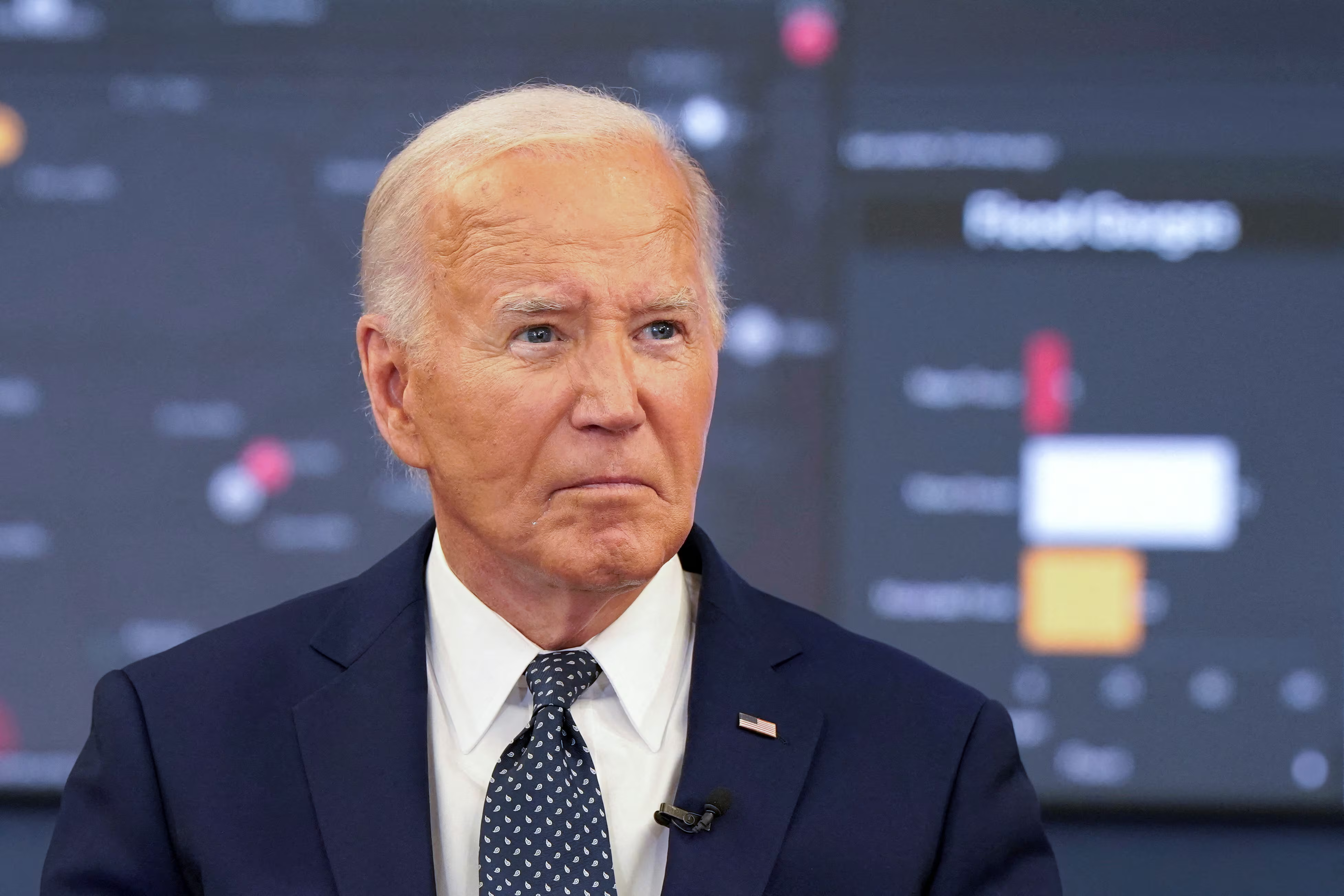By: Kaitlin Junod
Statehouse Correspondant / NH Gazette
Police chiefs in Hampshire and Franklin counties worry about their ability to enforce new recreational marijuana laws if voters pass Question 4, citing drivers under the influence of marijuana and wider youth access to the drug as two of the biggest challenges they foresee.
“My biggest concern is definitely use access,” said Northampton Police Chief Jody Kasper. “We are in the midst of an epidemic locally and nationwide regarding heroin and opioids. We know early use of substances is a fact that contributes to future substance addiction and use.”
Montague Police Chief Charles Dodge is also worried about children’s exposure to pot.
“If it’s more available and children are witnessing their parents and adults openly using marijuana, I’m concerned that tells them it’s OK,” he said. “And I don’t want them to think that because, from what I’ve been told, it is sort of a gateway drug.”
The ballot question would allow people over 21 to possess up to one ounce of marijuana outside their home, and up to 10 ounces in their own residences. It would create a Cannabis Control Commission to administer use and distribution, establish and put regulations into effect and oversee licensing for commercial marijuana establishments.
Current penalties for operating vehicles under the influence would remain in place, but former Easthampton Police Chief Bruce McMahon, who retired Thursday, said there are no standardized tests for determining if a person is driving while under the influence of marijuana.
“Right now there is really nothing short of bringing someone to a hospital and them submitting to a blood test that would get any result,” he said. “We would need to have a drug recognition expert come in and testify.”
Kasper and McMahon said their departments have sent officers to drug recognition expert school, but the expensive training program could be too costly for smaller departments.
“When the medical marijuana law was passed, we sent officers specifically to go to this school,” McMahon said. “I can see where smaller departments that don’t have the resources readily available won’t be able to send officers and will have to rely on other departments and pay overtime costs to get those officers to enforce under-the-influence-of-marijuana arrests.”
Kasper said Northampton sent two officers to drug recognition expert school two years ago when a medical marijuana facility was moving into the community. Earlier this year, a third officer attended the school. The chief said her department is proud to be leading in drug recognition expert training in the commonwealth, which has fewer than 200 trained drug recognition expert officers.
Granby Police Chief Alan Wishart said his department does not have anyone trained as a drug recognition expert and relies on state police or other departments when needed.
“Getting someone trained and keeping them current in that, there is a big expense there,” Wishart said. “If you’re not in a jurisdiction that uses (drug recognition) regularly, you have to look at it — does it make sense to spend that time, money and effort to invest in something you aren’t currently dealing with? Now, the passing of this law could certainly change that. We’ll have to see how that plays out.”
Montague also does not have any trained drug recognition expert officers, according to Dodge, though the department is looking for guidance from the local district attorney’s office and from the Massachusetts Chiefs of Police Association.
“Our job is to save lives,” Dodge said. “(Legalization) is going to happen quickly. It’s going to be a big learning curve.”





